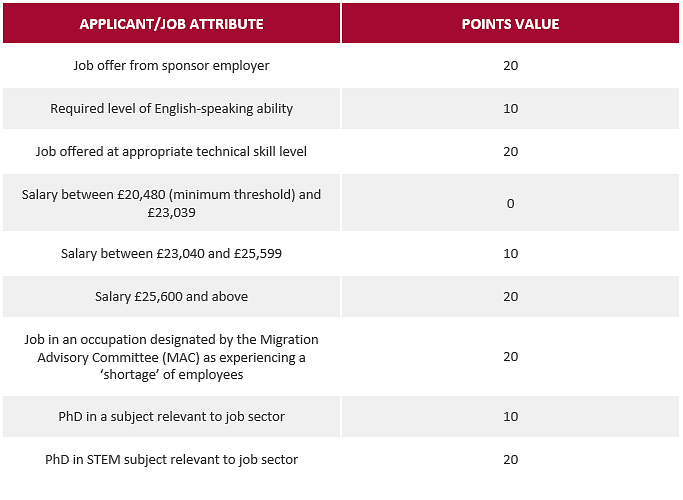As the UK and the EU clarify their post-Brexit relationship, UK workplaces will see legal and regulatory changes.
In December 2020, the UK and the EU agreed a post-Brexit trade deal to set out their ongoing business and trading relationship from 1 January 2021. With the deal now in effect, the UK and EU will no longer allow the mutual free movement of people, goods, and services, while the UK has introduced a points-based immigration system to manage foreign workers entering the country.
The Brexit changes obviously have significant consequences for UK and EU-based businesses but the UK’s autonomous status has left many employers and employees uncertain about the regulatory landscape. With a recent survey suggesting that only 14% of businesses feel clear about how the new employment rules affect them, this article outlines some of the key post-Brexit employment law changes that employers need to be aware of.
An End to Free Movement
On 1 January 2021, the free movement of citizens, goods, and services between the UK and the EU came to an end. EU citizens no longer have the right to move to the UK to live or work, with the same prohibition for UK citizens to the EU. Employers seeking to recruit from the EU should consider the new regulation carefully: EU citizens that move to the UK to live and work will have to apply to, and go through, the same immigration process as any other foreign worker.
Citizens of EEA countries that were already in the UK prior to 31 December 2020 will not need to reapply through the new immigration process but must apply to the EU Settlement Scheme (EUSS) by 30 June 2021 and will be allowed to remain should their application be successful.
EU and EEA citizens traveling to the UK for business trips may still do so. Irish citizens are exempt from the rule as a result of the pre-existing Common Travel Area.
Points-Based Immigration
The UK has introduced a points-based immigration system designed to prioritize highly skilled foreign workers. Under the points-based system, employers must score a minimum of 70 points to qualify for entry to the UK with employer sponsorship, technical qualification, and job demand carrying a high level of importance.

EU Border Checks and Visas
UK employees going on business trips to EU/EEA countries, or employers sending mobile employees to those countries, should factor in increased immigration scrutiny, including border checks and visa requirements.
The Schengen rules allow UK nationals to stay in EU countries for up to 90 days (within a six-month period) without a visa. Employers should check the specific rules for residency and employment when sending employees to job positions in EU countries.
Sponsoring EU Employees
From January 2021, employers must obtain a sponsor licence to employ workers from the EU or from Switzerland, Norway, Liechtenstein, and Iceland.
Irish citizens do not need employer sponsorship to live and work in the UK, nor do employees that have settled or pre-settled status under the EUSS. In some cases, employees that have employer sponsorship may not be successful in their immigration application through the points-based system.
Applying for the EU Settlement Scheme
Employees from EU countries (or from the EEA or Switzerland) must apply to the EUSS in order to remain in the UK. The deadline for applications is 30 June 2021.
After successful application to the EUSS, workers from EU countries will be given either a ‘settled’ status if they have been resident in the UK for a continuous 5-year period or a 'pre-settled' status if they have not yet been resident for 5 years. Employers may offer support to employees that are applying to the EUSS (if needed) but must not monitor whether their employees have applied.
A second category of EU workers that work in the UK but are not resident there must apply for a Frontier Worker permit. Once granted, a Frontier Worker permit would allow employees to work in the UK without sponsorship from an employer.
From 1 July 2021, UK employers will be able to check the EUSS status of employees from the EU, EEA, and Switzerland, online.
What Next?
To avoid any disruption for employees or clients, it is important for employers to develop a post-Brexit employment plan. The plan should factor in employee relocation, work permit requirements and, crucially, how to ensure payroll compliance and continuity for employees in the UK and the EU.
With the EUSS deadline on the horizon, employers should consider their payroll deployment carefully (or contact their payroll provider) and make the necessary adjustments for foreign employees that may need to change their residency status.
For more information about UK payroll rules and regulations, browse activpayroll’s dedicated UK Global Insight Guide. To learn more about the effects of Brexit and other industry developments, check out our latest news page. Finally, please do not hesitate to contact enquiries@activpayroll.com should you have any questions or require assistance.